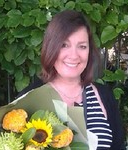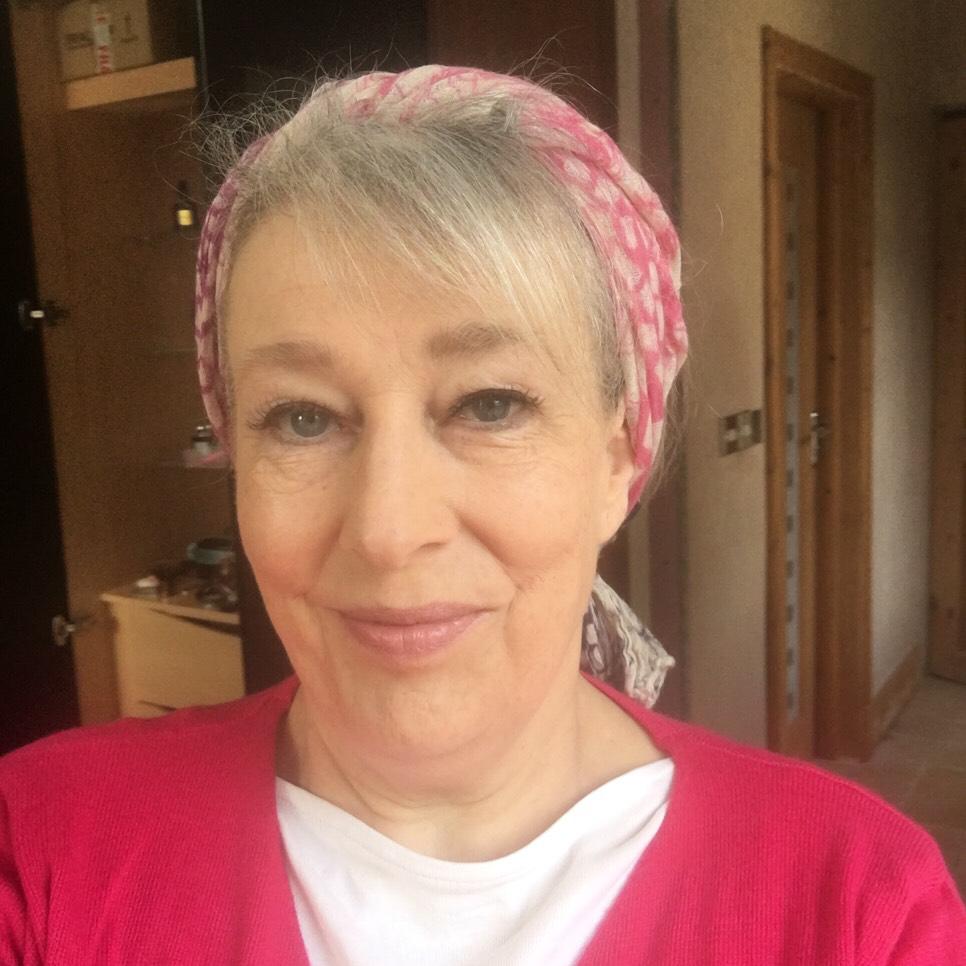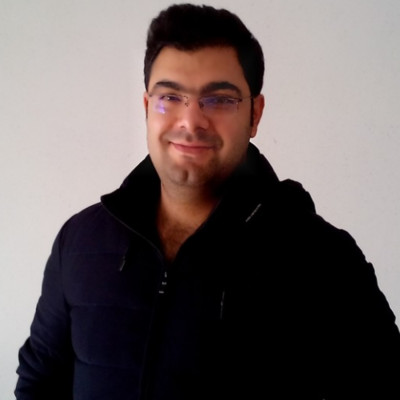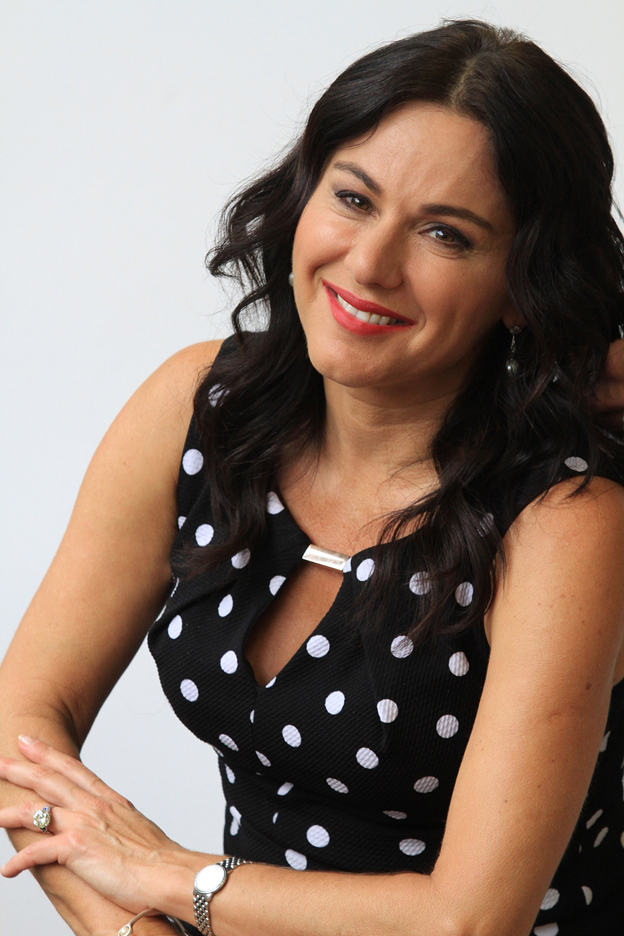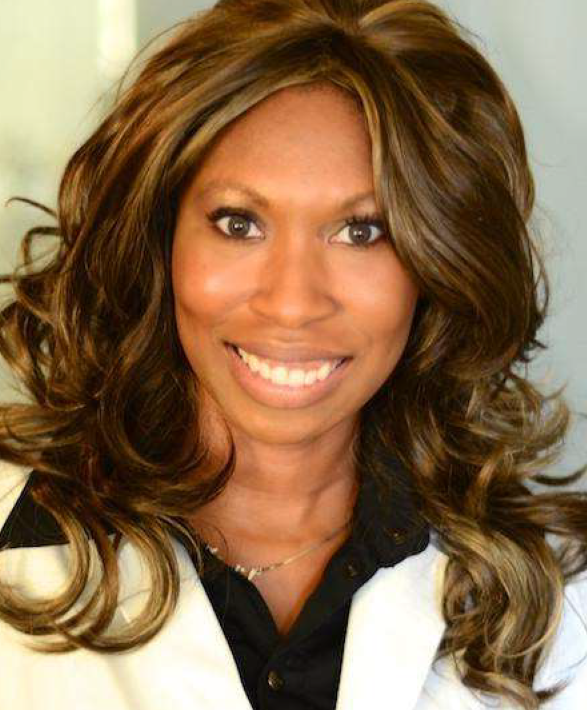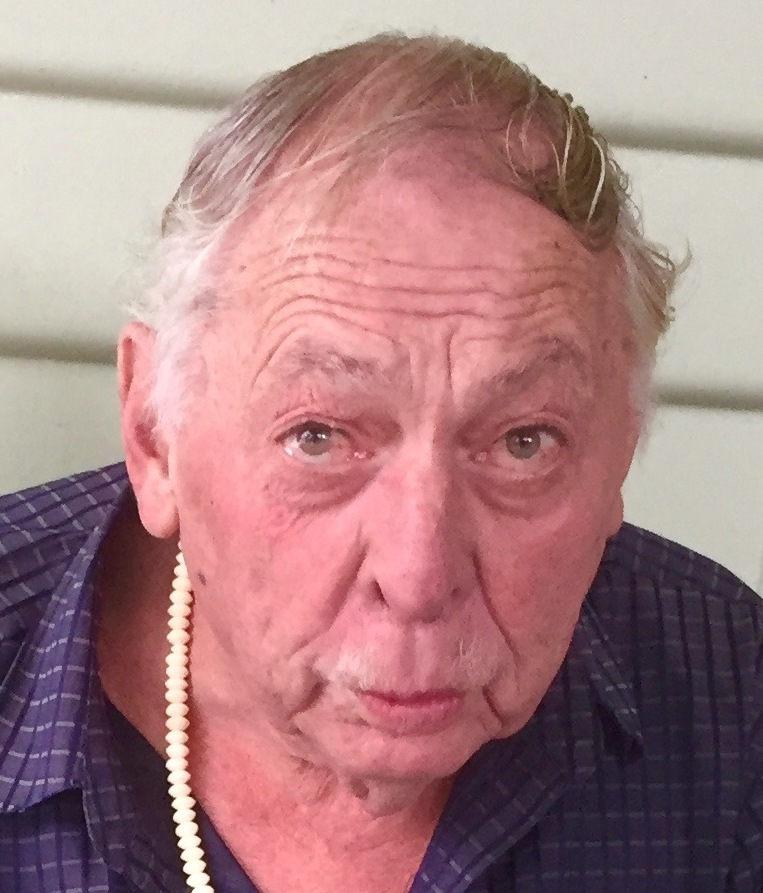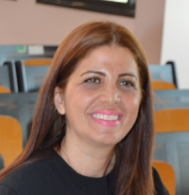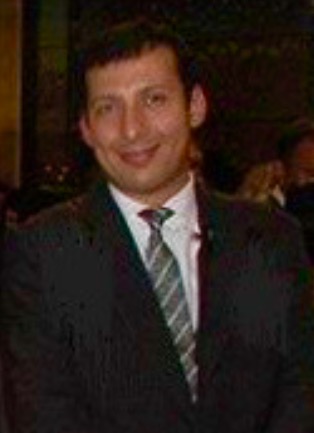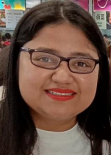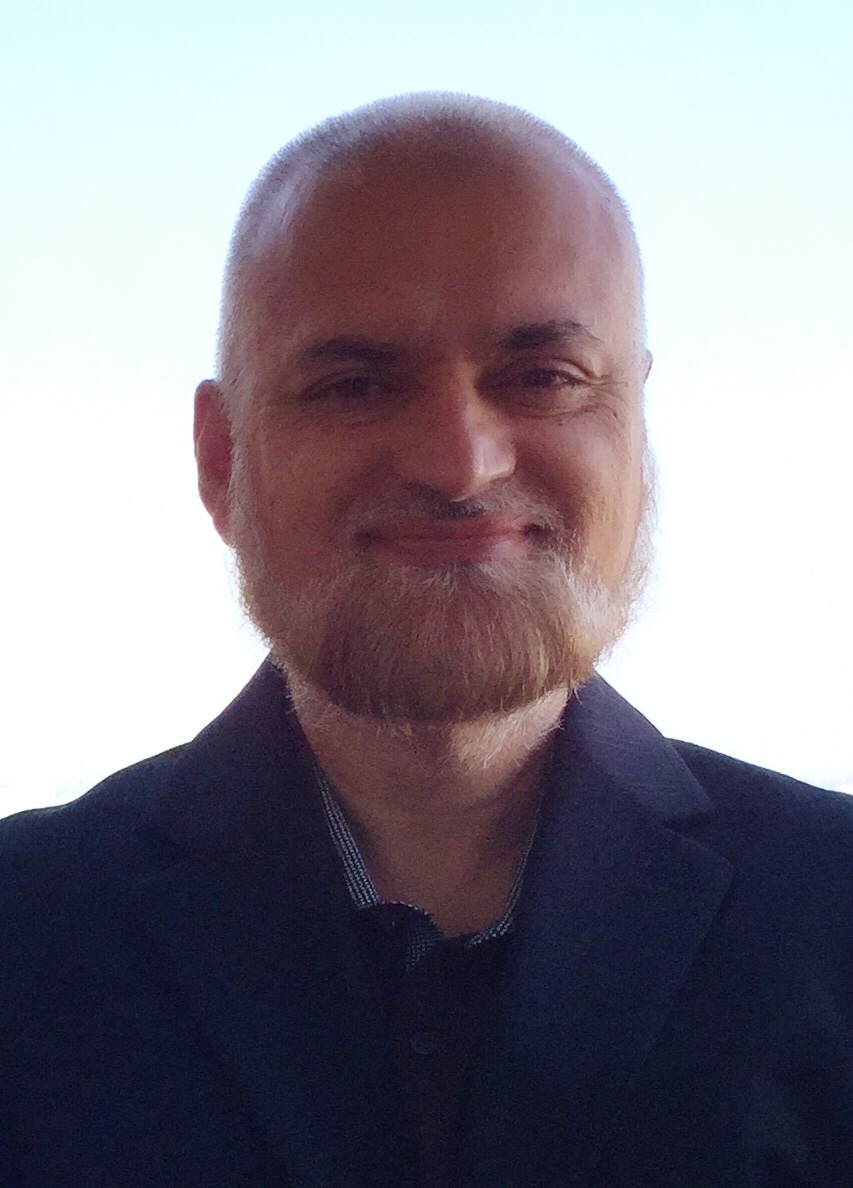The mission of the Honorary Global Chaplaincy Committee is to establish global humanity cohesiveness
via offering an honorary sincere informal Chaplaincy spirit and positive energy if get the opportunity.
|
Name |
Country |
Photo |
|
Ghayasuddin Mohammad (BSc Hons, MSc) Biochemistry |
India |
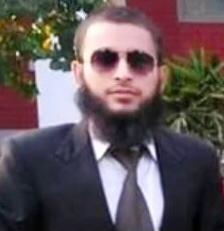 |
|
Susan McKay (BTh, BA Hons) Psych-Spiritual Counselling Existential Therapy and Coaching Spiritual Direction |
Australia |
|
|
Aftab Ahmad (PhD) National Academy of Young Scientists (NAYS), Pakistan, President Global Union of Scientists for Peace (GUSP), National Director Research and Innovation Club (RIC), Founder World Economic Forum | World Science Forum | Alumni-Global Young Academy, Member
Website: www.nays.com.pk |
Pakistan |
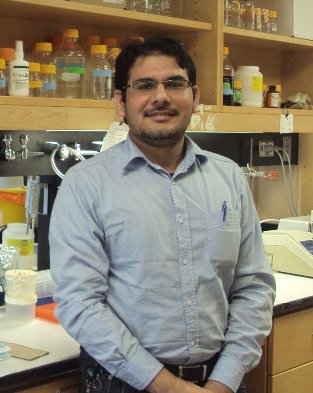 |
|
Yvonne Ridley (PhD) Journalist, author, columnist, and scriptwriter. PR adviser. Addicted to Scottish politics and a member of the Alba Party |
United Kingdom |
|
|
Mahdi Amini, Lecturer Arts and Education |
Iran |
|
|
Tania de Jong AM Speaker, singer, businesswoman and social entrepreneur |
Australia |
|
|
Anita E. Fofié (MD, MSc, BSc, BA, PhD) |
Canada |
|
|
Abdullah Jones |
Australia |
|
|
Ian Ratcliffe |
Australia |
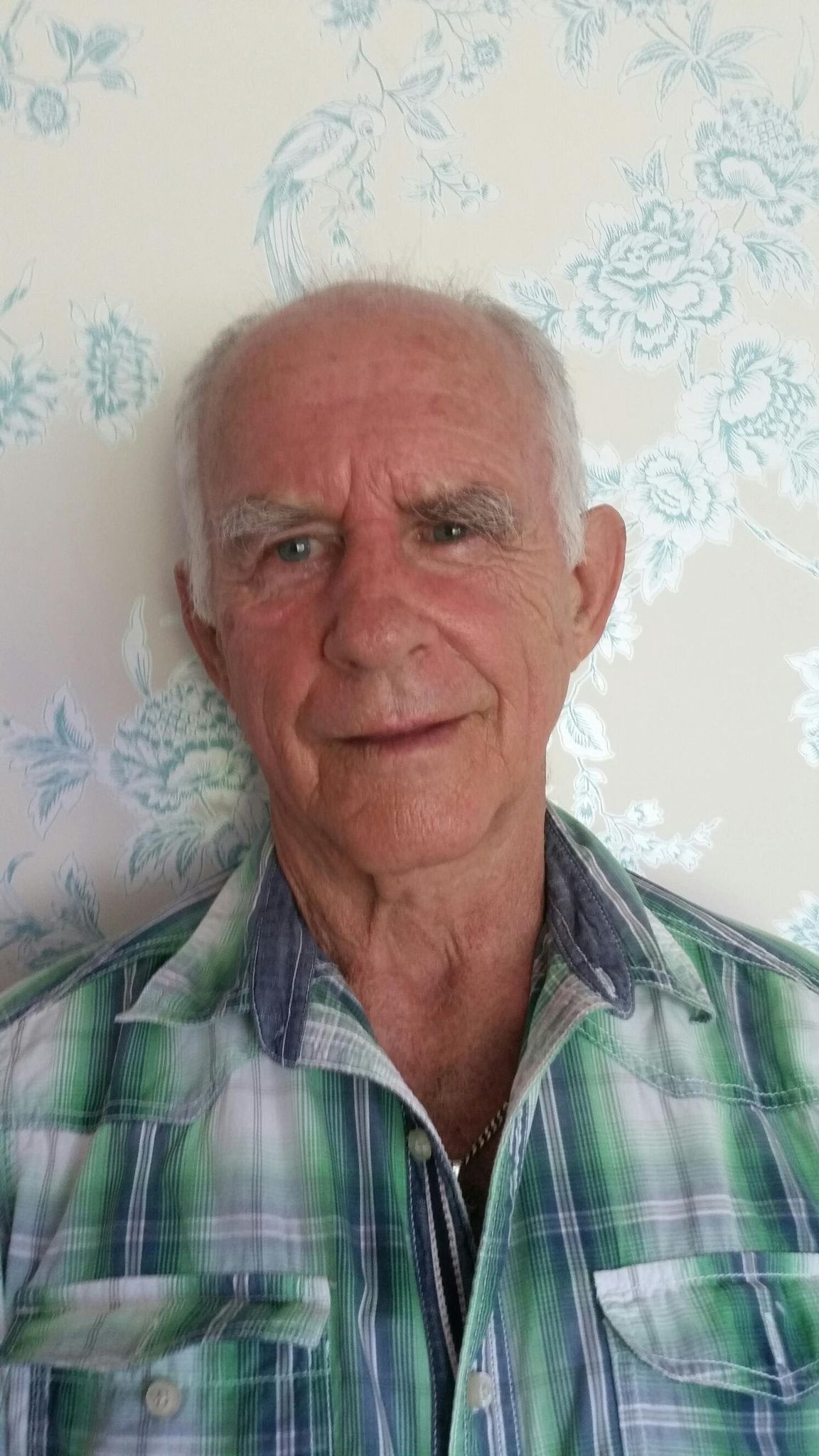 |
|
Kinda AlSamara (PhD) Researcher in Arabic and Islamic Studies at the University of Melbourne |
Australia |
|
|
Michael Nassar Freelance Journalist |
Australia |
|
|
Tanima Bhattacharya (PhD) Researcher in the application of nanotechnology for food, agriculture and pharmaceutics Motivational Speaker, Keynote lecturer International Collaborator & Public Relations, Social Activist, Career Counselor |
India |
|
|
Faseeha Kamal |
Australia |
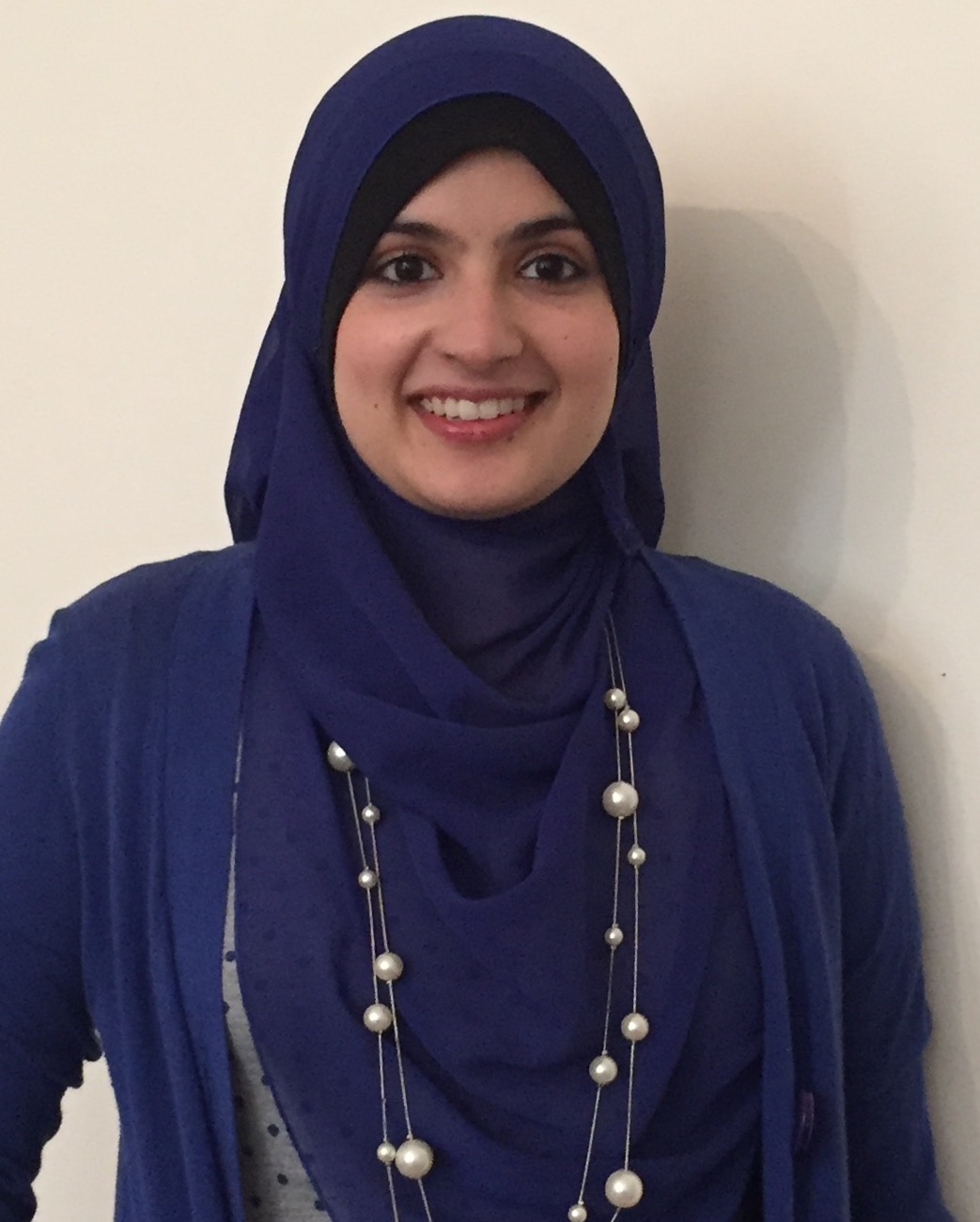 |
|
Mohammad A. Kamal (PhD, PostDoc), Professor |
Australia |
|
Modern sciences that complement Medicine and Biology, such as Nanotechnology, Bioinformatics, Stem Cell Technology, Transgenic Organisms, Neural Prosthetics, and Artificial Intelligence applications, have enhanced human intelligence, offering new possibilities for the human body, documenting the potential immortality of our biological existence. The convergence of science and technology has to serve humans, under the condition that humans serve always humanitarian ideas and principles.
While Science and Art are the most common human types of knowledge and emotional expressions, they have to be perpetually in a dynamic interdependence, interactive communication, and exchange principles in order to be more understandable and representative of human existence and dimension.
Therefore NGCEF established the new Artistomics unit the promote this discipline in the world, catalyzing global humanity by hybridizing Art with Science via sincere spirit.
We invite all people who want to join us in the Artistomics Program and present their work, to direct all inquiries to the administration office of the Department of Social Sciences and Arts, This email address is being protected from spambots. You need JavaScript enabled to view it., This email address is being protected from spambots. You need JavaScript enabled to view it..
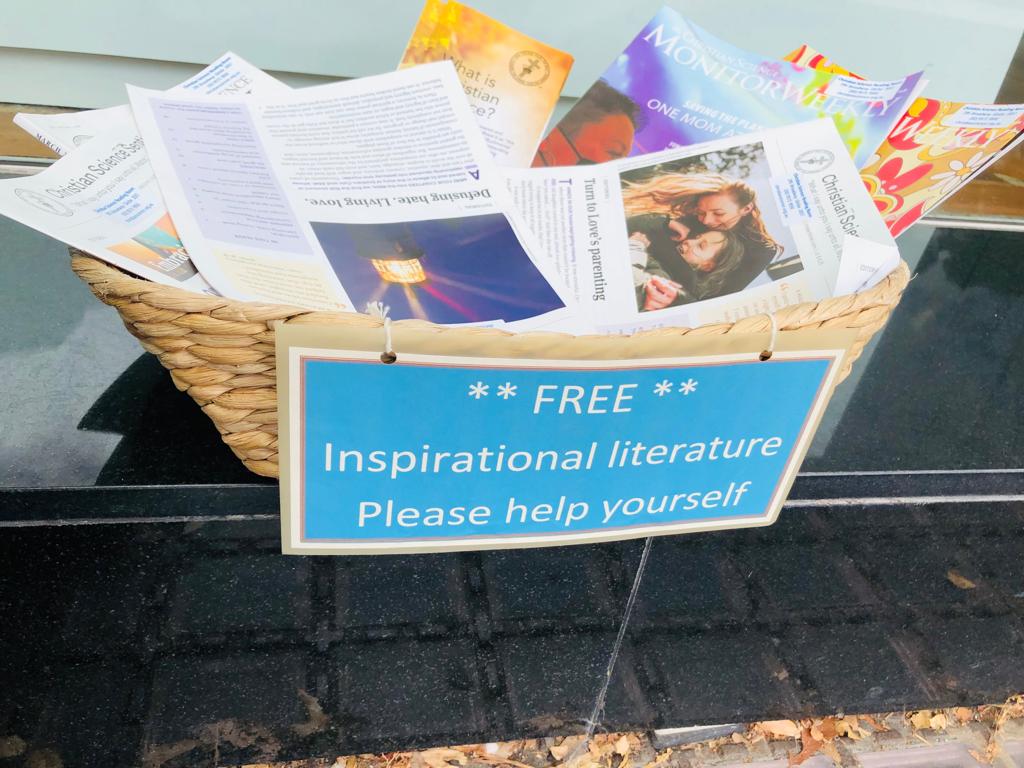
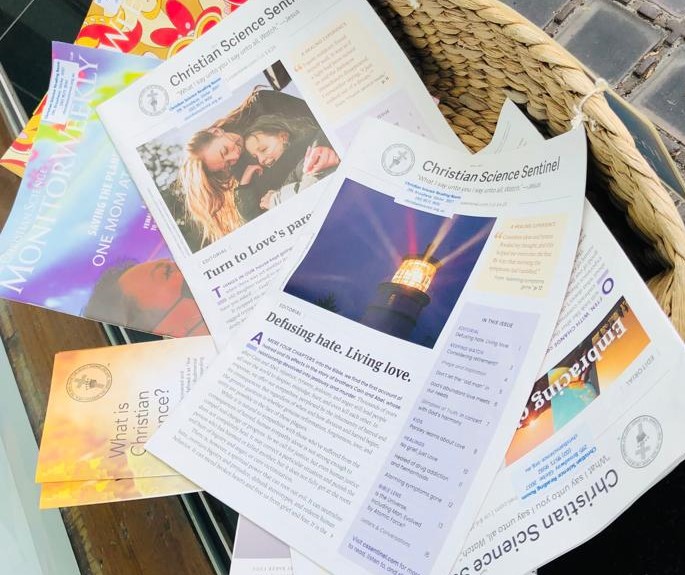
The term 'Culture' has been around since the early Christian era (we know, for instance, that Cicero used it) and its anthropological use was established between the end of eighteen-hundreds and the beginning of the past century. Before this time, 'culture' typically referred to the educational process through which an individual had undergone; in other words, for centuries 'culture' was associated with a philosophy of education. We can hence say that culture, as we mostly employ the term nowadays, is a recent invention. Merriam-Webster announces that the word 'culture' was their word of the Year, in 2014. They propose six definitions. But the problem is that culture is more than the sum of its definitions.
What is Culture?
If we want to search within definitions we would find 'culture' as the arts and other manifestations of human intellectual achievement regarded collectively, that would imply (the arts, the humanities, intellectual achievements’, intellectual activities, etc.) or refined understanding and appreciation of culture, like 'Man of Culture' (intellectual/artistic awareness, education, cultivation, discrimination, sophistication, urbanity, erudition, etc.) or the ideas, customs and social behavior of particular people or society (civilization, society, lifestyle, etc.).
Cultural differences manifest themselves in different ways and differing levels of depth. Symbols represent the most superficial and value the deepest manifestations of culture, with heroes and rituals in between. Symbols are words, gestures, pictures, or objects that have a particular meaning which is recognized by those who share a particular culture. New Symbols’ are easily developed and old ones disappear. Symbols from one cultural group can be easily copied by others, so that is why symbols represent the outermost layer of culture. Heroes are persons, past or present, real or fictitious who poses characteristics that are highly prized in culture. They are also the model of behavior. Rituals are collective activities that are socially essential (way of greetings, paying respect to others, religious and social ceremonies, etc.). The core of culture is formed by Values (good-evil, right-wrong, natural-unnatural). Many values are unconscious for one who holds them. Therefore, they cannot be discussed or observed by others.
Symbols, heroes, rituals are tangible. The true cultural meaning of cultural practices are intangible, this is reviled only when practices are interpreted by others.
We can also see culture as the unity of Arts, Philosophy, and Religion.
Cultural Exchange Program
Novel Global Community Education Foundation (NGCEF) is working on 'Cultural Exchange Program' parallel with the scientific-educational program. The goal of this program is to promote different cultures, but not only that, our program will work on connecting countries through the collaborative link between institutions. NGCEF will most of all work on Arts exchange as Art have the same meanings in all culture and connect all people through its activities. Arts set people free and speak of unity. We will promote culture through our blog but also through other activities.
We are going to promote the next Arts activities as mentioned in the following Table:
|
Literature |
Design |
Crafts |
Performing Art |
Radio |
|
Television |
Cultural Heritage |
Spiropoetomics (*) |
Community Arts |
Video |
|
Visual Art |
Arts of Indigenous Persons |
Film |
Classic Arts |
Music |
|
Architecture |
Historical Sites |
Cuisine |
Festivals |
Creative Writings |
We invite all people who want to join us in the Cultural Exchange Program, to direct all inquiries to the administration office of the Department
of Social Sciences and Arts, This email address is being protected from spambots. You need JavaScript enabled to view it., This email address is being protected from spambots. You need JavaScript enabled to view it..

